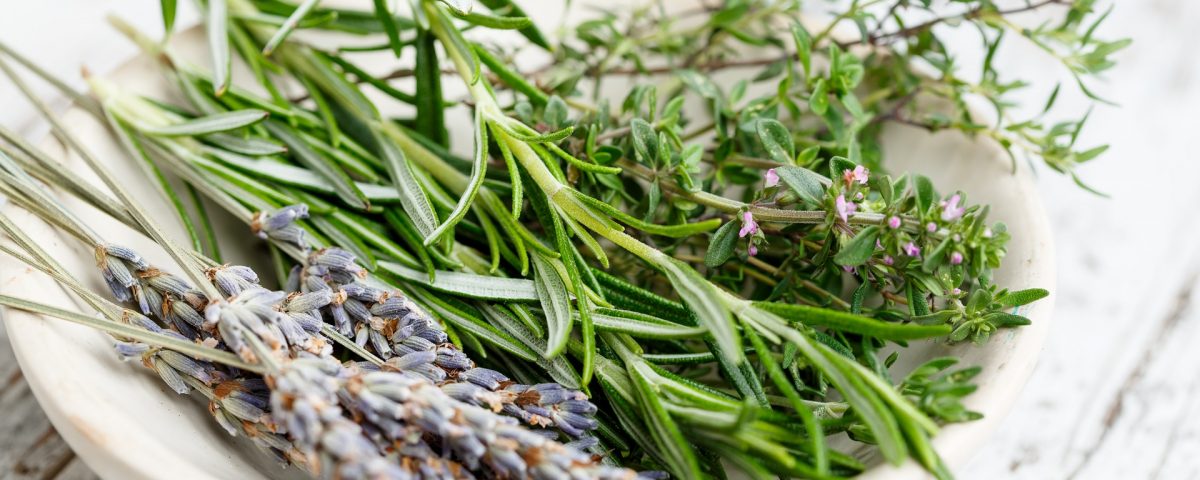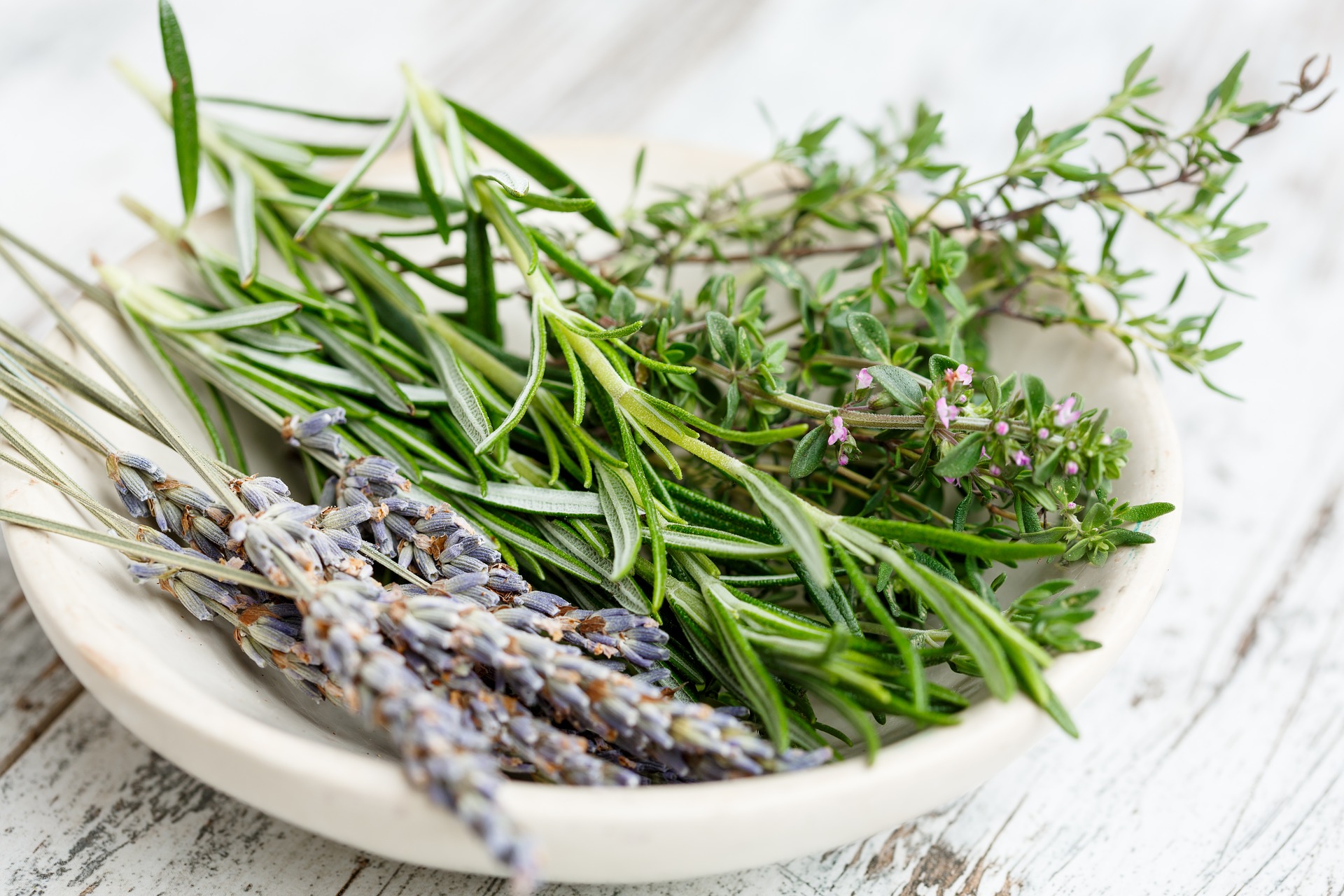The Many Wonders of Herbs Part 1

The Many Wonders of Herbs Part 1
*By Cindy Dixon
It’s been said, “Beauty is in the eye of the beholder.” However, when talking about herbs, there is much more than meets the eye.
For centuries, herbs have been valued for their flavor, fragrance, medicinal and healthful qualities, economic and industrial uses, and pesticidal properties, to name a few.
Throughout human history, herbs have been integral in many aspects of daily life and traditions. Exploring herbs of antiquity, one will find fascinating aspects that, in many cases, are still recognized in modern times. For instance, in ancient Greek and Roman cultures, Bay Laurel (Laurus nobilis) symbolized wisdom, glory, and excellence. In fact, the term Baccalaureate (taken from name Bay Laurel) is a term used for students successfully completing school. Lavender (Lavandula officinalis, L. angustifolia) continues to be used in many bath and beauty products as it was in the days of yore. It has been said that lavender was found in King Tut’s tomb, and it still had some of its fragrance! Greek students would wear a sprig of rosemary as a mental booster and stress reliever in olden times. In medieval times, people would nibble on fennel seeds during long sermons or during fasts to suppress their appetite. Today, we continue to discover just how amazing these plants are and the many contributions they have given us throughout the ages.
In the garden, herbs are easy to grow, wonderful to eat, and virtually pest-free. These marvelous plants add fragrance to your garden and gusto to your meals with little effort. Herbs require a small amount of care and attention; even those with “brown thumbs” can have success growing herbs.
Planting herbs also creates a synergetic effect throughout the garden by contributing more to the overall health of the garden. For example, Chamomile (Matricaria recutita) has been called the “physician's plant” when planted near ailing plants, it is thought to help revive those sickly plants.
Herbs, such as Thyme (Thymus vulgaris) and Mint (Mentha lamiaceae) provide a multitude of blooms and strong aromas to attract pollinators. Adding Fennel (Foeniculum vulgare) to your garden provides large umbel flowers for pollinators. From personal experience, ladybugs overwinter in the fennel plant. Early in spring, I have found loads of hungry ladybug larvae ready to eat those pesky pests chewing on my plants.
Stay tuned for next week's blog where you will be able to see Part 2 to learn more about herbs.
To find out what webinars or live classes are available for free click here!
* Cindy is an Agriscaping Certified Educator (ACE) in Las Vegas, NV. Find her here.

